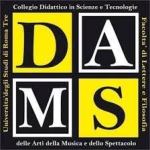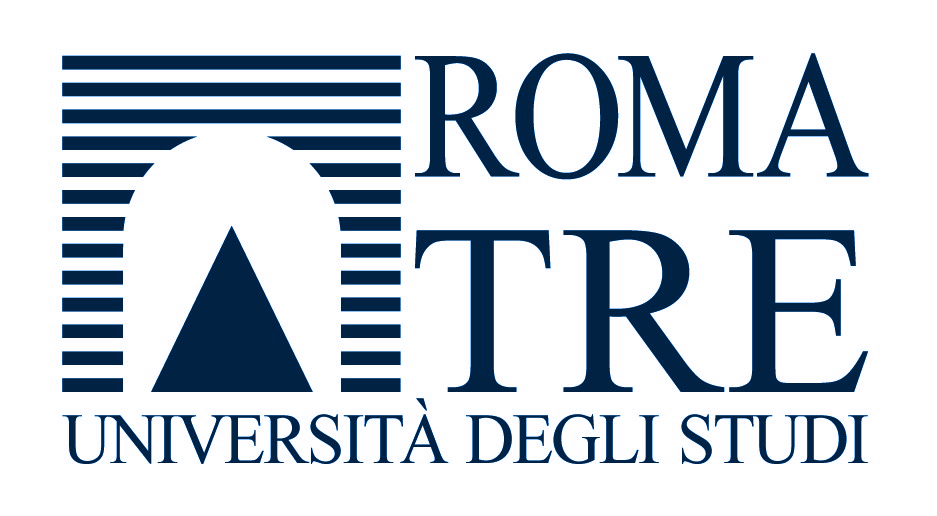Professor Kathleen A. McHugh, faculty in the UCLA Departments of English and Film, Television and Digital Media (FTVDM) since 2002, considered American film melodrama’s representations of domestic labor, gender and race in American Domesticity: From How-To Manual to Hollywood Melodrama (1999) and transnational implications in the co-edited South Korean Golden Age Melodrama: Gender, Genre and National Cinema (2005). She takes an intersectional approach to art, autobiographical, and independent cinema through work on Jane Campion (Jane Campion 2007), Cheryl Dunye, James Luna, Lourdes Portillo and Rea Tajiri. She has published on transnational media and film feminisms, global melodrama, and neurodiversity and genre in Signs, Camera Obscura, Cultural Studies, Jump Cut, Screen, South Atlantic Quarterly, and Velvet Light Trap. She is currently researching representations of disability, notably in Lee Chang-dong’s Oasis, and neurodiverse protagonists in contemporary media genres from sf to police procedurals to political thrillers. From 2005-2014, she directed the UCLA Center for the Study of Women, expanding its funding, research and public programs. She has also been active in campus equity, climate, and diversity issues as the School of Theater, Film, and Television’s first Associate Dean of Equity, Diversity (2014-16) and the Chair of the Department of FTVDM (2015-19).
The Aesthetics of Global Feminist Anger: Authorship, Authority and Outrage
How has anger figured in female authorship, in the aesthetics and identities that women have imagined onscreen, and in the critical literature on women’s cinema? Journalists observe that we are currently living in an age of anger and multiple publications on women’s anger in particular have appeared in the last year. Anger is certainly fundamental to feminism, yet when I looked for it in feminist film theory book indexes, it was not referenced. Similarly, in the self-conscious women’s cinema that emerged in the 1970s and 80s, female characters committed acts that we would normally associate with rage, yet they evinced no anger or affect. In the critical literature on female, feminine and feminist aesthetics, anger and feelings were only mentioned in passing, if they were mentioned at all. It appeared that, in 70s and 80s media culture and scholarship, anger was not an emotion that women explicitly authored onscreen, or one for which they claimed creative authority, or which, as critics and scholars, they theorized as an aesthetic force. In this foundational moment, women’s and feminist anger seemed to exist as what Raymond Williams called a structure of feeling, as a blockage or tension between hegemonic norms and actual lived experience. However, in popular film and the writings of Black feminists in the 1980s, anger begins to be theorized and explicitly represented. Those writings have influenced contemporary affect theory and provide a theoretical frame for considering our contemporary moment, marked by global women filmmakers’ increasingly explicit engagements with anger, onscreen through characters or situations or offscreen in their discourse about their creative process and motivations. Using a sample of recent films whose makers either depict anger explicitly onscreen or who discuss its motivating force for their creativity offscreen, I will consider the critical potential and possibilities for a feminist aesthetics of anger.








